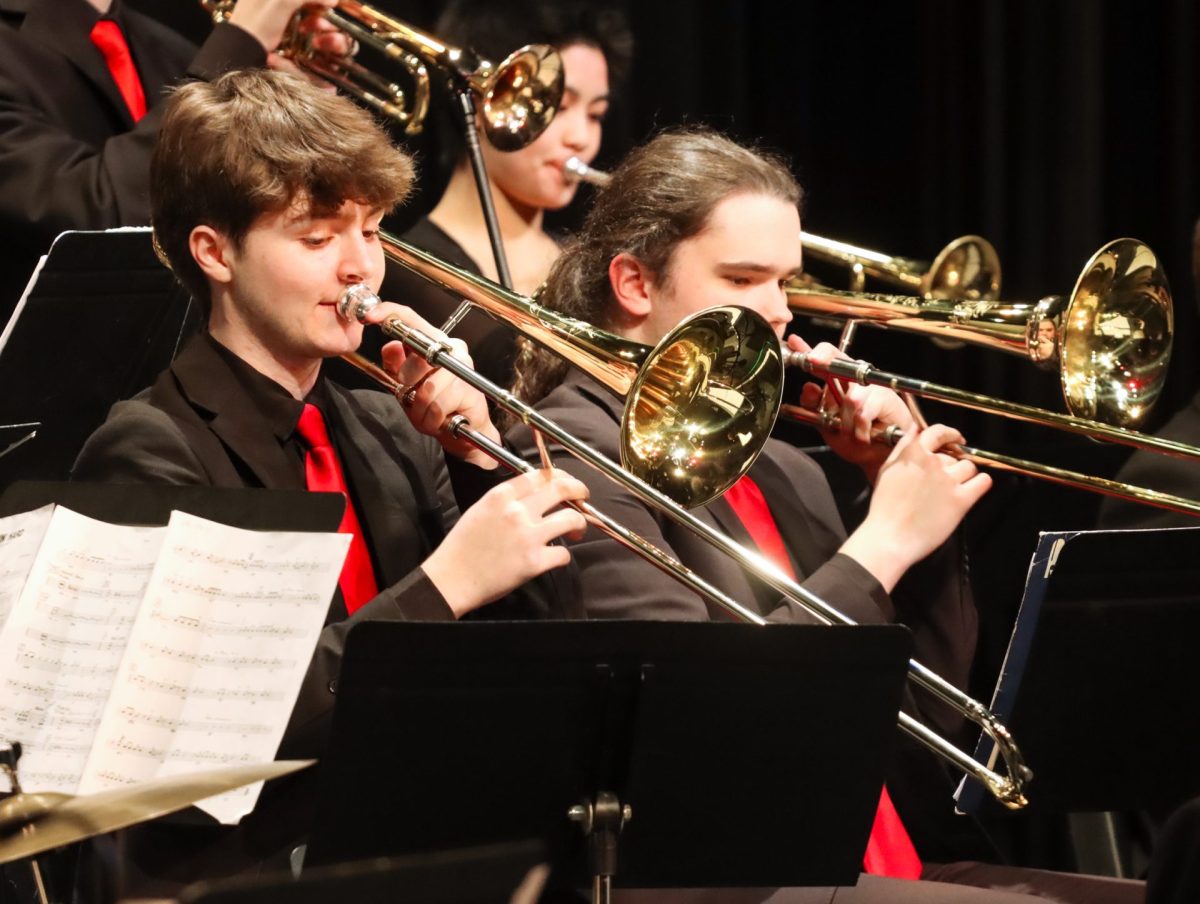The Edmonds School District is once again facing a major budget shortfall, putting both students and staff at risk of cuts and layoffs. The problem mostly stems from the state legislature, which has failed to adequately fund education over the past few years. Additionally, the McCleary decision, which ruled that the state government failed to adequately fund education, limited the amount of funding that school districts could get from local levies. Because of this, the Edmonds School District hasn’t yet reached the same levels of levy-funding it had pre-McCleary, limiting the amount of total funding it could get. There have been bills in the state legislature proposed to remedy this, but they have largely gone nowhere. Increasing the levy cap could potentially lead to problems both with complying with the original court ruling and also with equity, as urban districts generally have higher property values and therefore more taxable income to pay for levies and also are more likely to approve tax increases.
“I think I have not heard enough about the impact on equity,” said State Representative Shelley Kloba. “I understand [that for] some of my school districts that was a big priority for them, and I understand why they would want to raise more funds in their Levy, which is supposed to go to extra things, but it doesn’t, because the funding model has not kept up,” she said. “The state is continuing with the funding model that is not adequate, and I don’t think that’s okay. I grew up in a rural school district without the advantages of that like suburban Chicago… The suburban schools who were able to generate a lot of funding from their community had all kinds of advantages that we did not, and that sticks with me, and I will not be a part of that kind of inequity.”
The McCleary decision, which was supposed to solve these funding deficiencies, has actually contributed to the current funding crisis. The funding formula that the court ordered was already outdated by the time it went into effect, meaning distri cts were already short on cash pre-COVID. However, COVID just exacerbated this. Material, supplies, and operating costs (MSOC) increased substantially as a result of rising costs due to inflation, but the funding model failed to keep up. Additionally, schools relied largely on COVID stimulus funds to stay afloat. This allowed the state legislature to shift its priorities somewhat away from education and to other causes. However, as this COVID money ran out, the state didn’t increase its funding of school districts, instead keeping the overall percentage of the budget below pre-COVID levels. Even as the state has increased revenue, new funding for education has come few and far between, with most revenue going to other sources. The one exception to this is the state’s capital gains tax, which allocates some of its revenue generated to school construction, helping to fund school construction projects across the state.
The school funding issue is compounded by the state’s projected budget shortfall, expected to be as high as 15 billion dollars over the next four years. This means that without the legislature raising revenue, school funding could be farther in jeopardy. “Governor Jay Inslee’s Book One proposal, which was all cuts, was really bad. I mean, I think people actually lose their lives over that. Never mind school funding not being as robust as I would like. That’s book one,” said State Rep. Cindy Ryu. “The one that we have, I think a lot more information on is Book Two, which is, I think it was mostly all new revenue, which is not realistic. We can’t do book one because it’s awful, and we can’t do book two because we don’t have to vote to raise all the money, new money to fund everything that you would have loved to seem and I mean, it’s, it would be great, but we don’t have the votes, right, so it’s going to be somewhere in between,” she said.
The challenge with raising revenue is that Washington already has one of the most regressive tax codes in the nation. Income tax is banned in the state, meaning that revenue has to come from alternative sources, mainly sales tax which disproportionately affects low-income earners. Raising revenue might mean implementing a more regressive tax code, a hard sell for many in the legislature. “Given the limited options we have, do we do more regressive taxes like B&O (business and occupation) tax, which I disagree with. I don’t want more regressivity in our tax codes. So B&O taxes are dead on arrival for me,” said Ryu. “Especially because it is taxing businesses on their gross economic activities and not taxing them based on their net proceeds…If you’re selling or producing or, you know, doing a certain amount of activity, we’re just going to do a flat tax on you. That’s really regressive.”
Both House and Senate Democrats have similar proposals to cover the shortfall, both using an increased revenue approach to meet the shortfall. Both plan to cover it mainly by increasing property taxes and creating a new wealth tax. However, Gov. Bob Ferguson has expressed doubt over the wealth tax proposal, meaning that even if one of the bills passed the state legislature, it could be vetoed by the governor.
Throwing a further wrench into the budget debacle is the federal government. While federal dollars only account for about 4 percent of the district’s overall budget, the new administration could potentially pause this funding due to several executive orders that seek to revoke federal funding for schools that do not meet the federal government’s ideological goals.
“I think the problem is trying to decipher which issues are real issues and which ones are just designed to instill fear and chaos,” said 1st District Rep. Davina Duerr. “We’re a sanctuary state, and we’ve certainly passed a lot of legislation to protect trans youth and trans people in general, and we would definitely be a target if that comes to fruition,” she said. Additionally, as part of the larger federal budget cuts as part of DOGE, the Department of Education is currently in the process of being dissolved, further putting these dollars into doubt.
“And I know that there is always the desire to cut waste, fraud and abuse. Absolutely, yes. School districts have been cutting, they cut all the waste, and now they’re cutting into, really the bone that’s where we are,” said Kloba.
Another cause of the budget woes has been the state continually failing to adequately fund special education. Special education is not considered basic education, so is exempt from the constitutional requirement to fund education. This has shifted the burden to districts, requiring
them to eat into their levy funding to address special education. SB 5263 would at least partially remedy this, increasing the special education allocation








